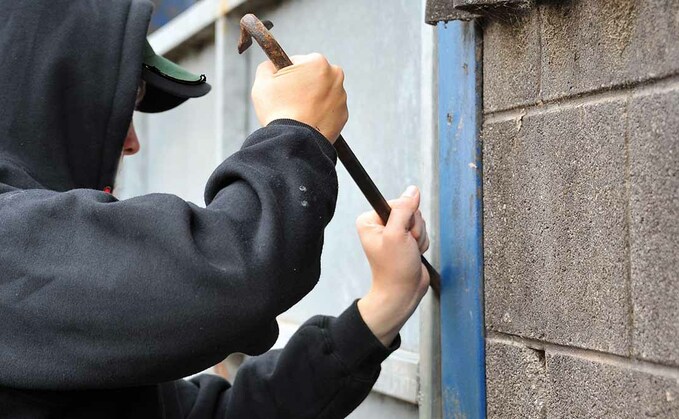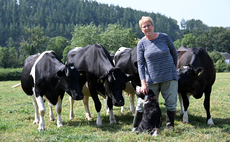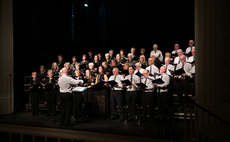
Rural communities do not think the police take rural crime seriously, according to the results of The Countryside Alliance's latest Rural Crime Survey.
Ninety seven per cent of respondents said rural crime was a ‘significant' issue in their community but 49 per cent did not think police took it seriously.
Almost two thirds of those who did not report the crime they experienced to the police, said they had felt it was a ‘waste of time'.
Rural crime
The most common crimes respondents said they had experienced were fly-tipping, agricultural machinery theft and trespassing.��
See also: Prime Minister to ban American bully XL dogs
It comes as police forces raised the importance and challenges farmers face from the 'devastating impacts' of criminality in National Rural Crime Action Week (September 18-September 24).
This year has seen organisations fighting back against crime with the establishment of the National Rural Crime Unit and Buckinghamshire MP Greg Smith's Equipment Theft (Prevention) Bill to help prevent the theft of ATVs from farms alongside NFU and NFU Mutual.
However, NFU vice-president David Exwood said highly-organised gangs continue to ‘plague' the British countryside by stealing livestock and farm machinery which was a reason to keep highlighting the issues.
See also: Police 'bump' into Kaleb Cooper on busy night of investigations in Oxfordshire
"Farms often double as family homes and small businesses and these crimes have a significant impact on farming families, both financially and emotionally, and have left many rural communities feeling vulnerable and intimidated," Mr Exwood added.
"The creation of the National Rural Crime Unit is a positive step that the NFU has long asked for. We look forward to seeing the benefits of intelligence sharing and increased collaboration that it will bring and the NFU will continue to work with stakeholders and police forces to make the countryside a safer place."
Rural Services Network chief executive Kerry Booth said rural areas could feel ‘very remote' when waiting for a response to a 999 call.
"Many of our rural communities are also home to an older population who are left feeling extremely vulnerable and are forced into increasing their own security, at significant costs, so they can feel in their own homes," she said, adding victims may struggle to access support because they were isolated.
"Addressing rural crime, like all areas of rural life, requires the government and elected Police and Crime Commissioners to understand their communities. I am afraid that is not always the case."
























